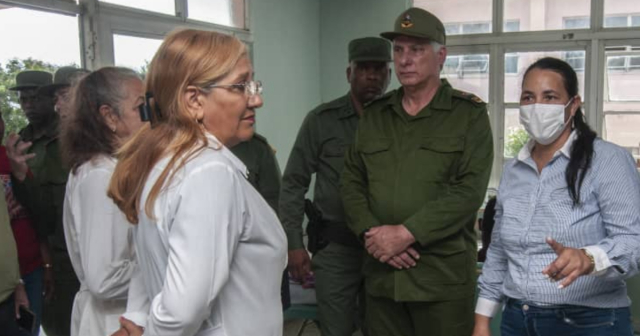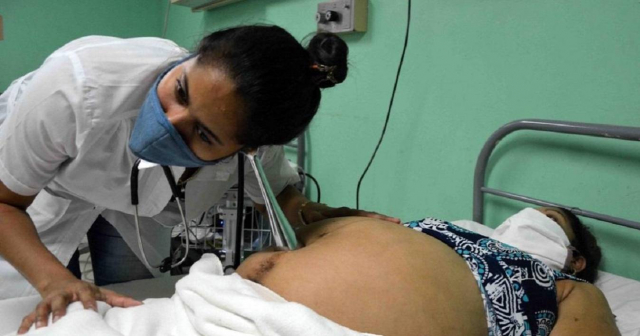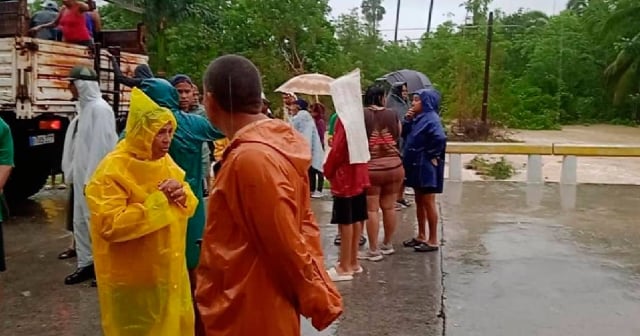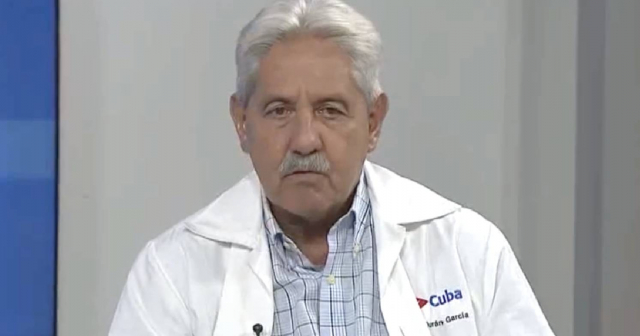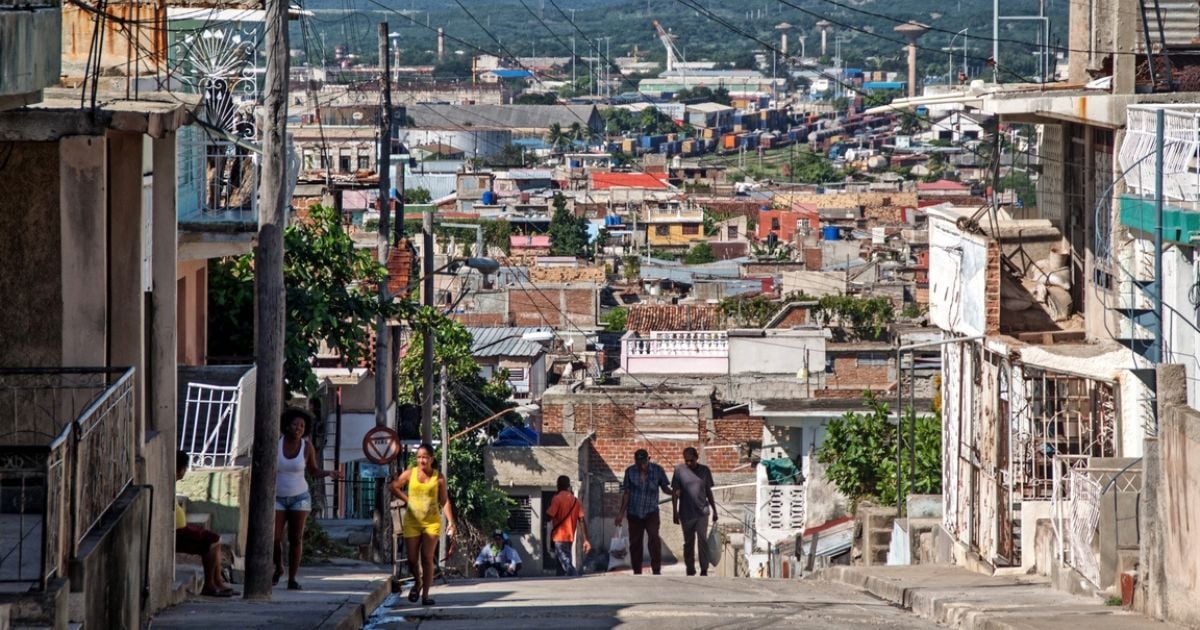
The province of Santiago de Cuba is facing a complex epidemiological situation with the confirmation of the circulation of four viruses: dengue, influenza, oropouche, and SARS-CoV-2, the latter responsible for COVID-19, as warned by official sources this Wednesday.
Aris Batalla, a representative of the Red Cross in Santiago de Cuba, warned on Facebook that the presence of these viruses poses a risk to the population, which must take extra preventive measures amid a severe shortage of medications such as pain relievers and antipyretics.
Batalla emphasized the importance of conducting a "weekly self-assessment, sleeping under a mosquito net, avoiding street food of questionable origin, boiling drinking water, using repellents, washing hands frequently, and wearing masks," underscoring that all these diseases are transmitted through various means.
However, the persistent presence of blackouts, the prolonged cycles of water supply in some areas of the province, and the precarious access to cooking methods hinder compliance with many of these measures.
The rescuer emphasized the importance of staying hydrated and noted that “coriander root tea is very good in these situations, but I urge everyone to exercise caution.”
Regarding medical recommendations, it was indicated that dipyrone or paracetamol should be used for fever, headaches, and joint and muscle pain, although these medications are in short supply in some hospitals in the province.
However, it was warned that in none of these cases should ibuprofen, naproxen, diclofenac, or piroxicam be taken, and even less so aspirin, “due to their anti-platelet effects, which reduce blood plasma clotting and can increase the risk of bleeding in the event of arboviral diseases.”
He also highlighted the usefulness of vitamins, as well as the consumption of gelatins, which are only available in stores that accept MLC or through small and medium-sized enterprises, along with the well-known hen's foot broth.
Finally, he emphasized that it is always advisable to consult a doctor, as they are the qualified person to make decisions, and antibiotics should never be taken unless prescribed by a healthcare professional.
CiberCuba contacted a doctor from the Ambrosio Grillo Hospital in Santiago de Cuba, an institution that usually handles cases of arbovirus infections. The doctor reported that in recent days, they have raised concerns about the arrival of several patients exhibiting symptoms of Guillain-Barré Syndrome at the medical facility.
The unique aspect of these cases, according to the physician who preferred to remain anonymous, is that the findings have occurred following the confirmation of the presence of oropouche fever in the area, suggesting a direct link between this illness and Guillain-Barré Syndrome.
"Dengue is always present, and cases of Guillain-Barré were not being reported. However, since oropocuhe has emerged, some cases of this syndrome are arriving," noted the doctor, who also warned that the regime remains passive in the face of this situation.
Recently, the National Director of Epidemiology at the Ministry of Public Health (MINSAP), Francisco Durán, acknowledged that the country lacks fuel for mosquito fumigation amid a rising presence of the Oropouche virus in Cuba.
In a press conference, the esteemed doctor stated that this disease has primarily been identified in suburban and rural areas, according to the media outlet Juventud Técnica.
The Oropouche virus is transmitted by a mosquito of the Culex genus, which is found throughout the country and breeds in any body of water, making it difficult to control.
Filed under:

